Don’t get discouraged too fast if the glycolic acid, tretinoin, retinol, or ascorbic acid you’re using doesn’t solve your skin problem. Different skincare active ingredients work on the skin at different rates.
Most people don’t see the great results they wish for because they hop from one skincare product to another before the previous actives work on their skin. Reason: over-the-counter skincare product packages promise results within 48 hours but in reality, you’ll see significant results within one to two weeks. Other activities even take months.
After listening to skincare users complains about why it takes so long to get results, we sought the reasons from Dr. Davin Lim – a certified dermatologist.
So, how long should it take before skincare works?
According to Dr. Davin, different skincare active ingredients work on the skin differently. And so the duration is also different. Again, how long it takes before skincare works depends on whether it’s developed for medical use or cosmeceutical purposes.
Factors that Determine How Long It’ll Take Skincare to Work
But before we dive into the common active skincare ingredients and how long they take to work, let’s first discuss why it’ll take longer for retinol, Vitamin C, AHAs, or any other actives to work on your skin than the person next to you and vice versa.
1.
The Number
of
Skin Molecular Levels Actives Will Work on
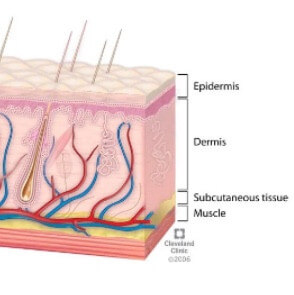
The skin has three molecular levels: epidermis, dermis, and subcutaneous tissue. If your dermatologist recommends Vitamin C for color correction, it’ll take longer to see results. The reason being the active ingredient has to make its way up from the inner skin levels to the skin.
2.
Prescribed Method of Use
Skincare products prescribed to be taken orally like niacinamide take even months- three to six months – before they’re noticeable results while those prescribed for skin application like creams.
3.
Age
Contrary to the perceptions of many people using anti-aging skincare when young
makes one look older
. Aged people look younger after using anti-aging activities. So, if you’re young and applying skincare to look younger, you may even never see yourself younger.
4.
Intended Use
If you’re using skincare as a primer to increase the absorption of other ingredients, you’ll see instant results. On the contrary, using actives like Alpha hydroxy acids to stimulate collagen, it’ll takes weeks to months to see results.
How Long Does It Take for Skincare to Work
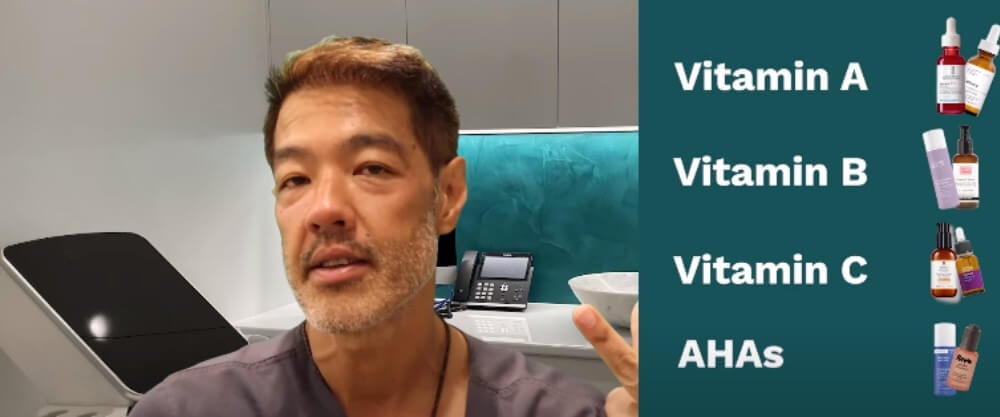
With many active ingredients available in the market today, it’s good to know which ingredients will work on your skin fast and which will take months before you can see results.
Skincare vitamins
are essential to the skin and are formulated to solve a specific skin condition.
For you to easily under these key active skincare ingredients, how they work on your skin, and the time it’ll work for you to see results, we’ll split them into four: Vitamin A, Vitamin B, Vitamin C, and Alpha Hydroxy acids. These are the common ingredients dermatologists and skincare experts would use and advocate.
Let’s start,
1.
Vitamin A
Vitamin A also known as retinol or retinoid can be medically prescribed as retinoids or you can buy them over the counter. Other retinoid derivatives like retinaldehyde, hydroxypenicolin, and retinates can be purchased over the counter.
In the case of Vitamin A, it takes a long time before it works. How long Vitamin A takes to work depends on whether it’s intended for medical use or cosmeceutical purposes.
Active ingredients intended for medical use have to undergo a thorough process before cleared by the FDA, CE, and TGA. For this reason, they’ve to be careful with their prescription words, and the product results.
Medically prescribed retinoids can take up to six months before it works. This duration depends on what you’re treating. When treating fine lines, wrinkles, and photoaging, it will take you between 8-12 weeks to see the results. In the context of using actives as an anti-wrinkle cream, for treating sun damage it’ll take between 8-12 weeks. If medical is prescribed to use retinoids like tretinoin, adapalene, tazarotene, and tazarotene, it’ll take an average of 6 months.
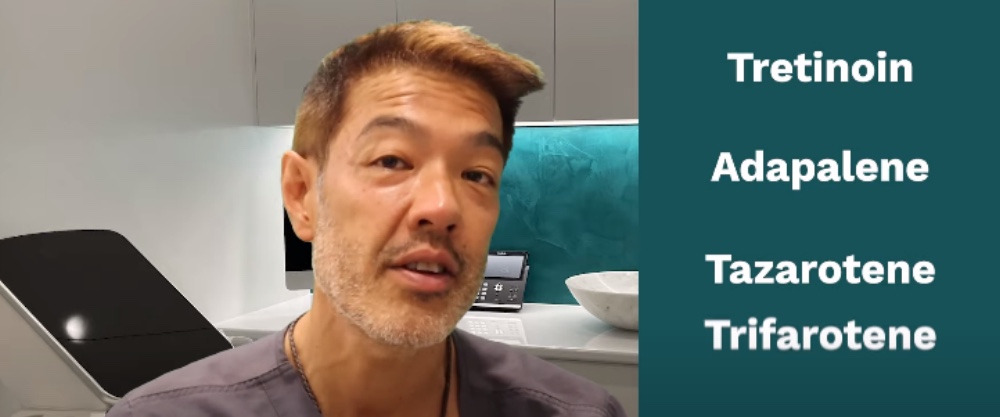
Medically prescribed retinol is normally a hundred to a thousand times stronger than over-the-counter retinol. Why does it take so long before it works? Due to pharmacological reasons, things a medically prescribed retinoid can do take time to see results.
Most skincare manufacturing companies specializing in the manufacture of cosmeceuticals use a ploy of words like “instant results, or it takes 48 hours to diminish the appearance of skin wrinkles” to hook users. This is because they aren’t governed by regulatory bodies. The strategy lies in the wording.
2.
Vitamin B
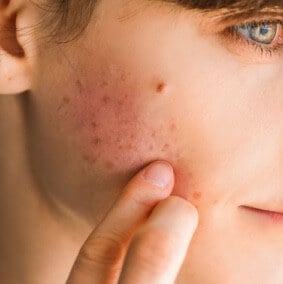
Vitamin B includes ingredients like niacinamide (nicotinamide), thiamine, niacin (nicotinic acid), the vitamin B6 and vitamin B12, biotin, riboflavin, pantothenic acid, and folic acid.
Niacinamide can be used as a prevention of sunspots, for example, solar keratosis, sun damage, or to improve skin barrier function thus acting as an anti-inflammatory. Comparing Vitamin A, B, C, and Alpha Hydroxyl acids, Vitamin B works the fastest.
Partly because it can reduce skin inflammation and help build skin barrier function especially if you’ve inflamed skin within 48-72 hours, but more generally within a week of use.
In the context of reducing sun damage like solar dysplasia, or pre-cancerous cells, niacinamide is best taken orally. Once you’ve taken niacinamide orally, expect to see results within 3 to 6 months. Topical niacinamide is a little bit controversial compared to Vitamin B taken orally. In such a case it may take 3 to 6 months to decrease the amount of sun damage.
3.
Vitamin C
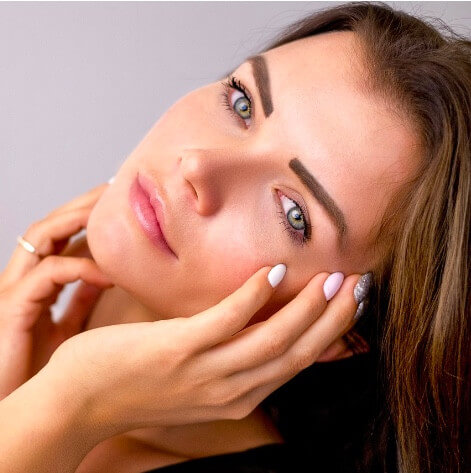
Vitamin C also called ascorbic acid is a super potent and super good antioxidant. Ascorbic acid helps in the reduction of wrinkles by stimulating collagen and also works by reducing melanin because it’s a
tyrosinase inhibitor.
This makes it good to use for pigmentation and melasma.
Vitamin C is much like Vitamin A comparing in terms of many different uses, and it also works at different molecular levels. If you use Vitamin C as an antioxidant, you may not even see it working because it acts as a preventative mechanism. It acts by scavenging on free radicals that cause damage to DNA, denature collagen and elastin.
If you use Vitamin C to treat pigmentation it may take up to 4-8 weeks to get results. And when you use Vitamin C to stimulate collagen, it’ll take time to see great results – which is 3-6 months. If you plan to use Vitamin C as an anti-wrinkle, remember, it’s inferior compared to retinoids.
4.
AHAs (Alpha Hydroxy Acids)
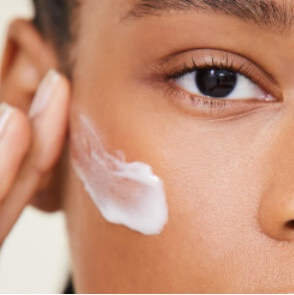
Alpha hydroxy acids include things like lactic acid, glycolic acid, mandelic acid, and citric acid. These acids help increase the absorption of actives, exfoliation of your skin, and stimulation of collagen production.
To increase the absorption of skincare actives, AHAs are used as a primer. Be careful when you intend to use an active over the AHAs as there’re
ingredients you shouldn’t mix
. In this instance, it decreases the amount of dead cells in the upper part of the skin thus increasing other active permeability and the results can be seen instantly.
Using alpha hydroxy acids to stimulate collagen takes time. AHAs act by increasing activity in the fibroblast cells which then produce collagen. This takes 3-6 months before you can get the best results. However, using low AHAs between 5, 15, and 18, you may not see good results even after 3-6 months.
Alpha hydroxy acids are excellent exfoliants that can help reduce pigment and it’s good for people who don’t have sensitive skin. It works by increasing the turnover of your skin cells from maybe 5 weeks to 3 weeks. It’ll therefore be possible for people with brighter skin to get noticeable results within 2 – 4 weeks.
Conclusion
When you get over-the-counter skincare, be careful when reading the chemical formulation. Formulations vary a lot and the heaps of marketing by skincare manufacturing companies are in most cases misleading. To better evaluate how long it will take for your skincare to work, first understand why you’re using the product, the actives formulation and level of concentration, and lastly how it’ll work on your skin.

 By myulikeadmin
By myulikeadmin



